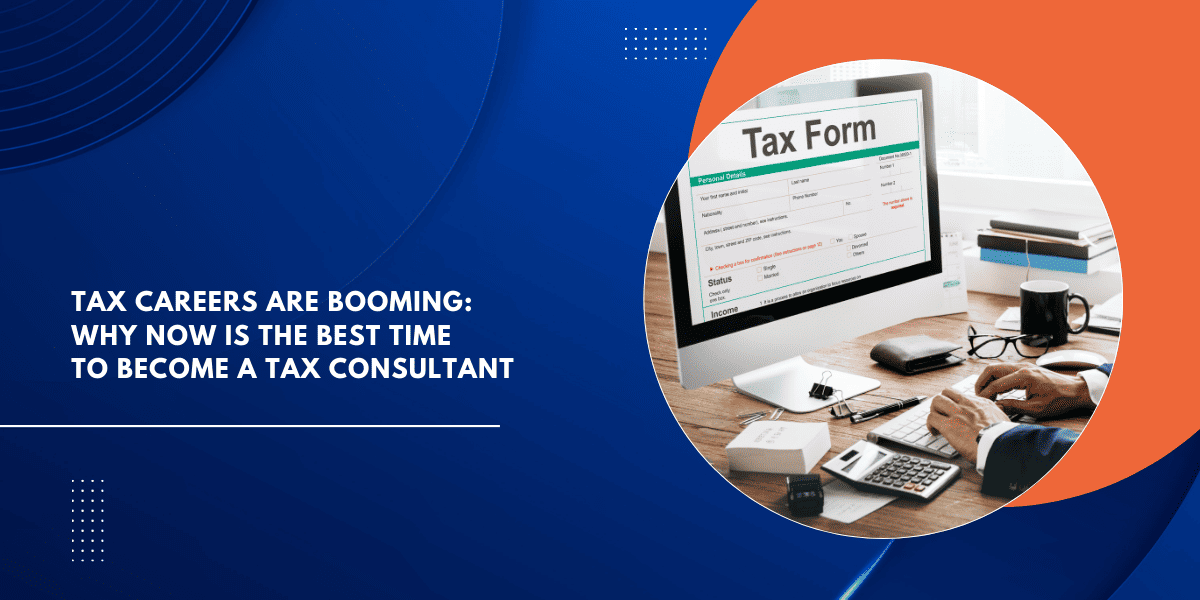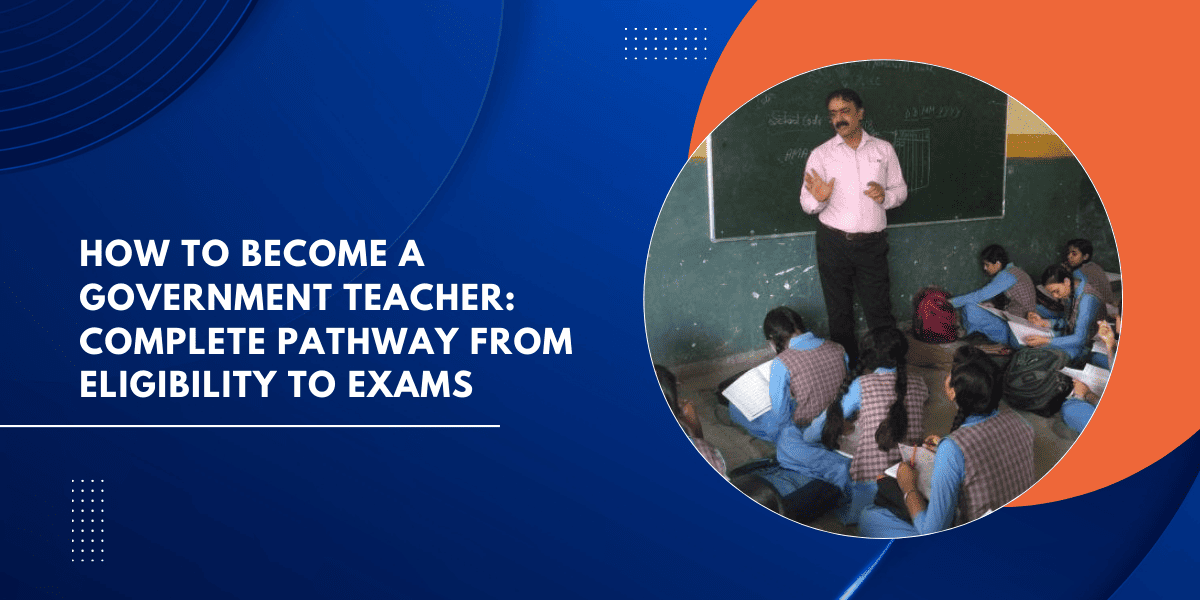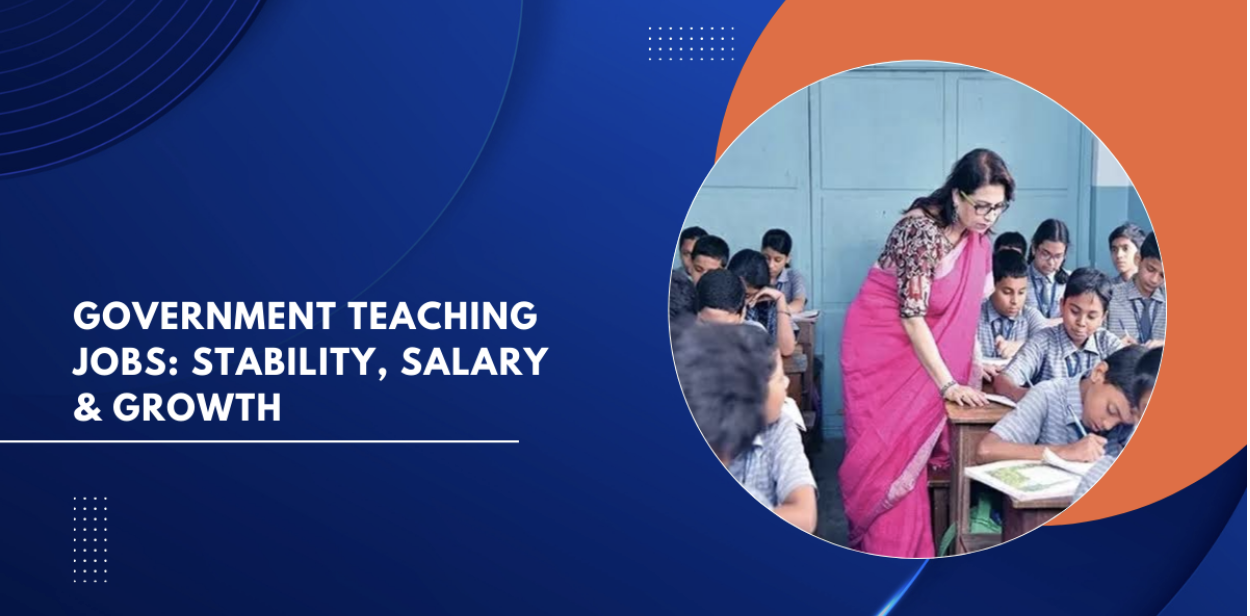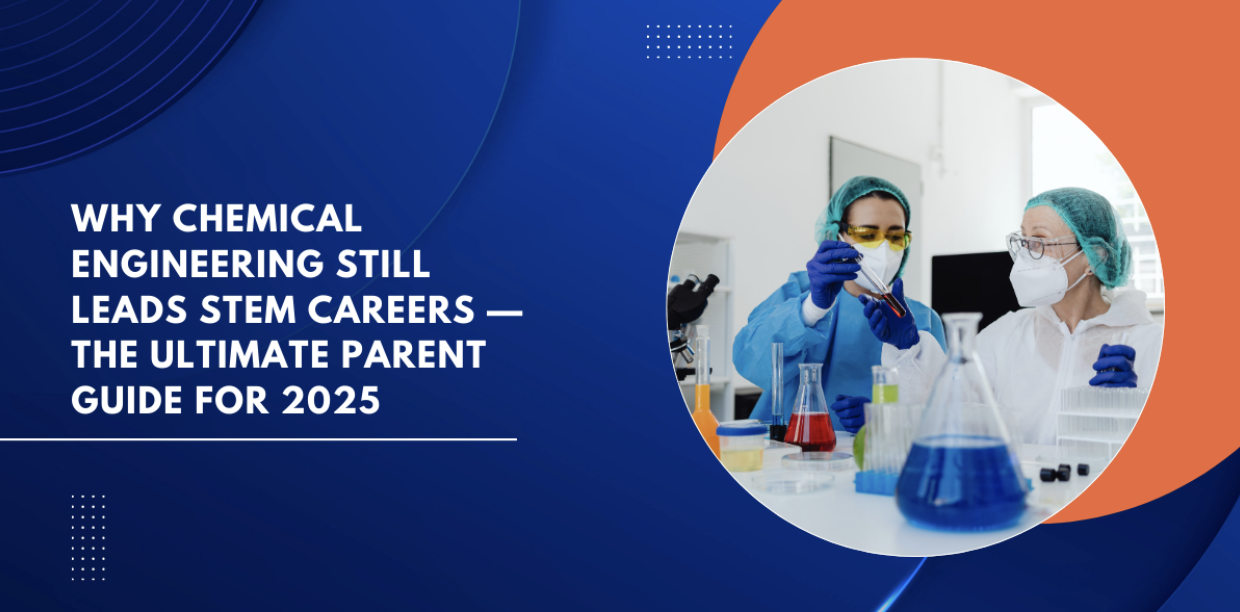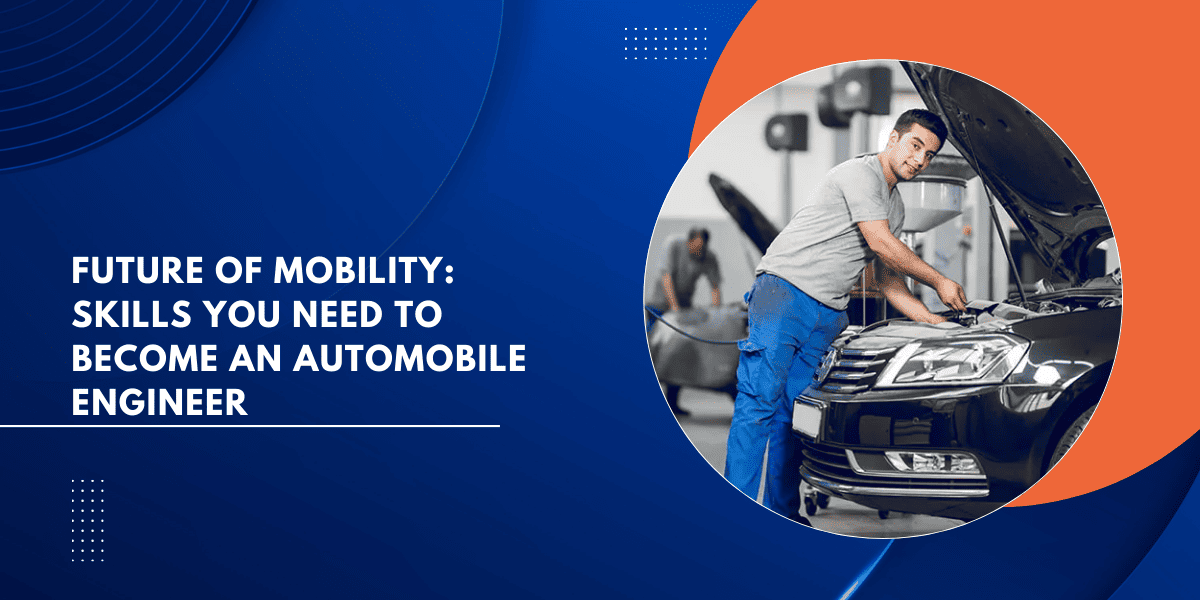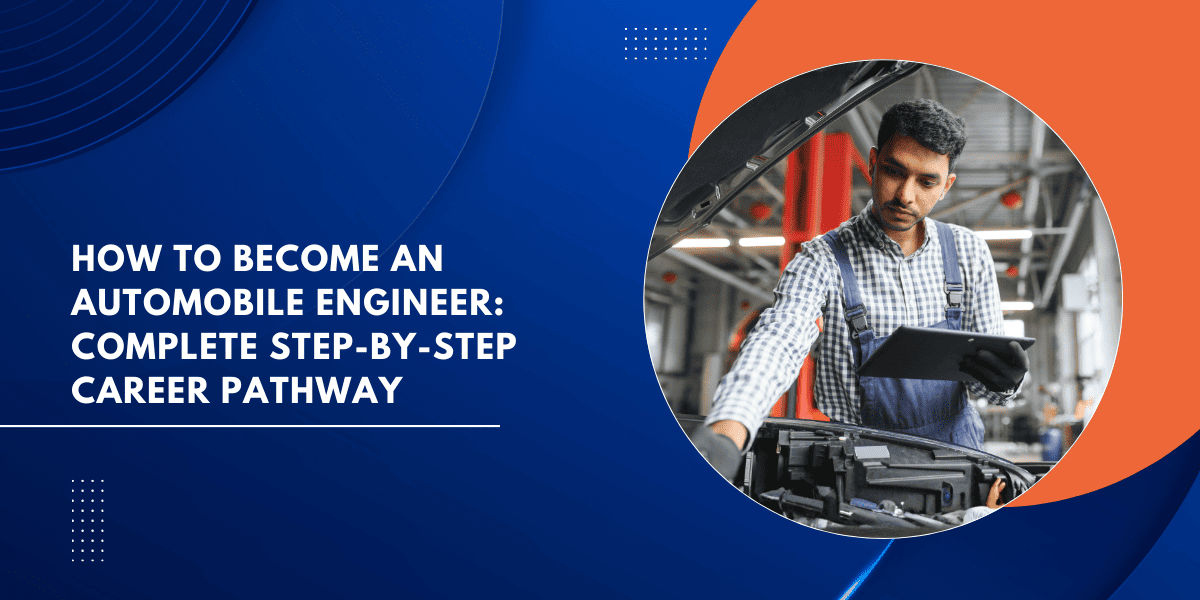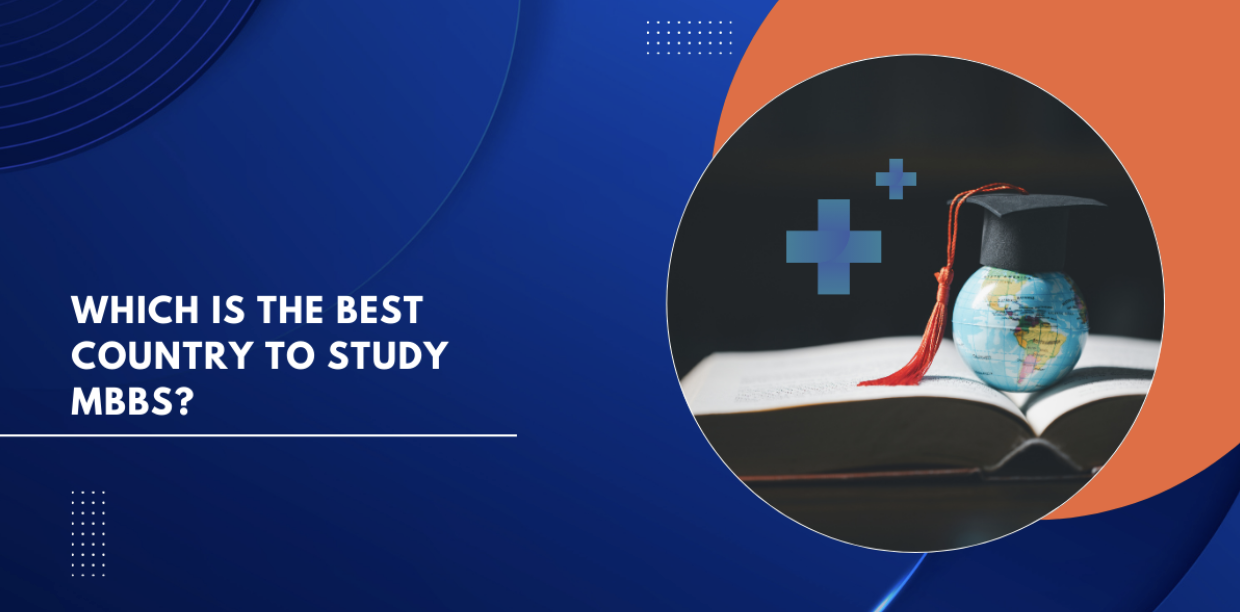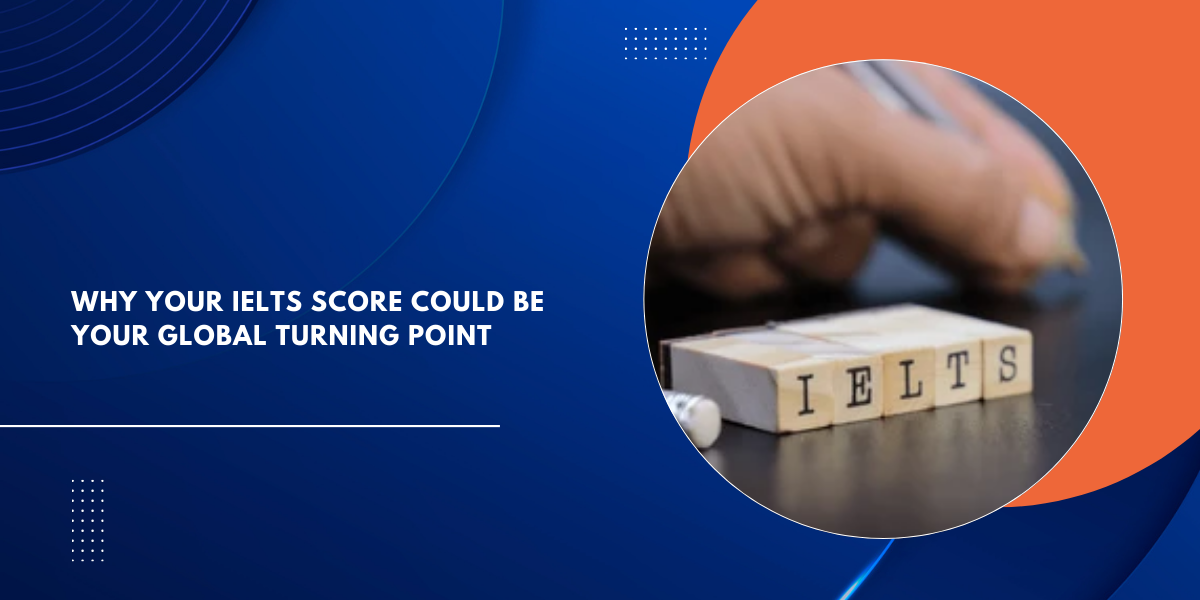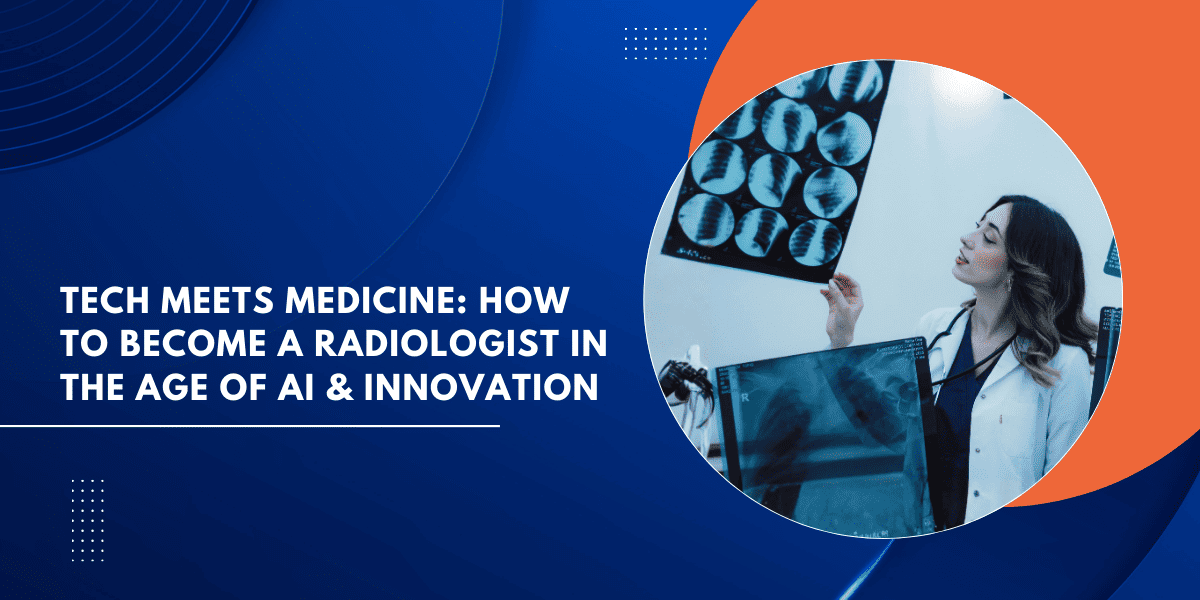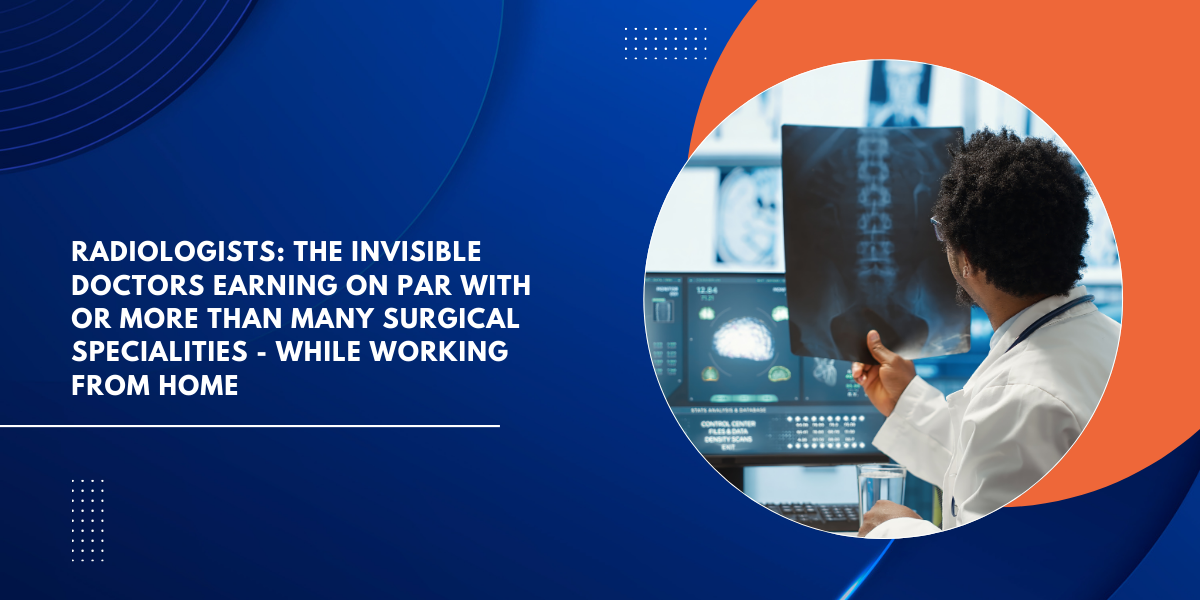Blog written by Preethi Durga, a career strategist and education innovator.
Have you ever wondered how companies sift through thousands of job applications to find the perfect candidate? The answer is AI. From scanning résumés in seconds to predicting a candidate’s job performance, artificial intelligence is reshaping how companies hire talent.
Recruiters are now leveraging AI-powered tools like chatbots, predictive analytics, and automated screening to speed up hiring and eliminate bias. According to a LinkedIn report, 67% of recruiters say AI helps them save time, while 43% believe it improves candidate quality.
But what does this mean for job seekers and HR professionals? Are human recruiters being replaced, or is AI just a powerful assistant? Let’s dive into the impact of AI on recruitment, the latest trends, and the skills you need to stay ahead in this AI-driven job market.
Global Trends Affecting AI in Recruitment
AI in recruitment isn’t just a trend—it’s a transformation. Here’s how global shifts are shaping this industry:
1. AI-Powered Resume Screening & Shortlisting
Recruiters no longer manually scan thousands of applications. AI tools like HireVue, Pymetrics, and LinkedIn Talent Insights use machine learning to analyze resumes and rank candidates based on job descriptions.
Stat: According to a 2023 LinkedIn report, 67% of recruiters now use AI-powered screening tools to enhance hiring efficiency.
2. Chatbots & Virtual Hiring Assistants
AI-driven chatbots like Mya and X0PA AI conduct preliminary interviews, answer candidate queries, and schedule interviews—all without human intervention.
For Example: Companies like L’Oréal have successfully integrated AI-driven chatbots into their hiring process to handle high-volume recruitment efficiently. Their AI chatbot, Mya, engages with candidates, asks pre-screening questions, and even provides updates on application status. By automating initial screening and responses, L’Oréal reduced its time-to-hire by 30%, ensuring faster and more efficient hiring while improving candidate experience.
3. Predictive Analytics for Better Hiring Decisions
Companies are leveraging AI to predict a candidate’s success by analyzing past hiring data, employee performance, and market trends.
For Example: Unilever uses AI-powered assessments to evaluate soft skills, reducing hiring bias and improving diversity hiring by 16%.
Industry Spotlight: AI’s Impact on the Hiring Market
AI is not replacing recruiters—it’s empowering them. With 75% of HR professionals believing AI will revolutionize recruitment (PwC Report, 2023), here’s how AI is making a difference:
1. Faster Hiring: AI reduces time-to-hire by up to 40%
Many companies are using AI to speed up hiring processes. For instance, Unilever implemented AI-driven video interviews and assessments, reducing their hiring time by up to 75% while improving candidate quality. The AI tool, HireVue, analyzed facial expressions, tone, and language patterns to match candidates with job roles efficiently. As a result, Unilever screened more than 250,000 applications with AI, significantly reducing the time spent on manual shortlisting.
2. Cost Savings: Companies using AI-powered hiring tools cut recruitment costs by 30-50%
Recruitment can be expensive, but AI-powered hiring tools are reducing these costs. For example, Vodafone adopted AI-based recruiting assistants, which cut recruitment expenses by 50% and improved hiring efficiency. Their AI system, developed with HireVue, automated initial screening, reducing reliance on costly external recruiters. By implementing AI-powered assessments, Vodafone also reduced bias in hiring and ensured a more diverse workforce.
3. Better Candidate Experience: AI-driven chatbots improve response times, leading to a 60% increase in candidate engagement
AI chatbots enhance the hiring process by providing real-time assistance to candidates. For example, L’Oréal successfully integrated Mya, an AI chatbot, to interact with job applicants, answering questions, scheduling interviews, and even assessing initial qualifications. This innovation led to a 92% satisfaction rate among candidates, while also freeing up recruiters to focus on higher-value tasks. Mya enabled L’Oréal to handle 1 million job applications per year, ensuring that candidates received quick responses and a seamless experience.
Job Demand & Hiring Trends in AI Recruitment
AI isn’t just changing hiring—it’s creating new job opportunities! Here are the roles seeing rapid growth:
1. AI Recruitment Specialists: The Architects of Smart Hiring
As AI revolutionizes hiring, companies need skilled AI Recruitment Specialists to bridge the gap between technology and human resource management. These professionals train AI models, optimize automation tools, and ensure ethical AI implementation in recruitment.
What Do AI Recruitment Specialists Do?
- AI Model Training & Optimization: They refine AI algorithms to improve resume parsing, candidate screening, and skill-matching accuracy.
- Bias Detection & Ethical AI Use: They ensure AI-driven hiring tools are fair and transparent, reducing unconscious bias in recruitment.
- HR Tech Integration: They work with ATS (Applicant Tracking Systems) like Greenhouse, Lever, or iCIMS to seamlessly incorporate AI-powered decision-making.
- Candidate Experience Enhancement: They use AI chatbots, predictive analytics, and automation to improve the candidate journey.
Real-Life Example:
Amazon leverages AI recruitment specialists to enhance its hiring processes. The company uses machine learning models to sift through thousands of applications, prioritizing candidates based on skill relevance. However, after early issues with AI bias against female applicants, Amazon adjusted its recruitment AI models with human oversight, ensuring a fairer, more inclusive hiring process.
Why This Career Matters?
With 92% of HR leaders now using AI in hiring (Gartner, 2023), AI recruitment specialists are in high demand. They play a crucial role in creating AI-driven hiring strategies, ensuring efficiency while maintaining human oversight in recruitment decisions.
Career Outlook & Salaries
- Average Salary in India: ₹12-25 LPA approx
- Top Hiring Industries: Tech, E-commerce, Finance, Healthcare
2. HR Data Analysts & People Scientists
In the age of AI-driven recruitment, HR Data Analysts & People Scientists are becoming essential players in workforce planning. These professionals use data analytics, machine learning, and predictive modeling to enhance hiring strategies, improve employee retention, and drive business success.
What Do HR Data Analysts & People Scientists Do?
- Predict Hiring Trends: They analyze market trends, salary benchmarks, and workforce demands to forecast future talent needs.
- Optimize Candidate Selection: They use AI-driven tools to assess candidate fit, engagement levels, and long-term retention probability based on past hiring data.
- Improve Employee Retention: They identify why employees leave and develop data-backed retention strategies to boost workforce stability.
- Bias & Diversity Analytics: They ensure fairness in recruitment by detecting and reducing hidden biases in hiring algorithms.
Real-Life Example:
Unilever leverages HR analytics and AI-powered assessments to screen candidates more effectively. The company uses predictive hiring models and AI-driven video interviews to assess communication skills, emotional intelligence, and leadership potential. This strategy has cut hiring time by 75% and increased workforce diversity by minimizing unconscious bias.
Why This Career Matters?
With companies relying more on workforce analytics, demand for HR Data Analysts & People Scientists is surging. According to LinkedIn’s 2023 Workforce Report, jobs in HR analytics and people science have grown by 41% in the past two years.
Career Outlook & Salaries
- Average Salary in India: ₹10-20 LPA approx
- Top Hiring Industries: Tech, Consulting, E-commerce, Financial Services
3. AI Ethics & Compliance Officers
As AI-driven hiring becomes the norm, the role of AI Ethics & Compliance Officers is gaining importance. These professionals ensure that AI-powered recruitment tools adhere to ethical standards, legal regulations, and fairness principles, preventing bias and discrimination in hiring. They work closely with HR, data science, and legal teams to create responsible AI hiring frameworks and ensure compliance with global employment laws.
What Do AI Ethics & Compliance Officers Do?
- ✔ Ensure Algorithmic Fairness: They audit AI-driven hiring tools to detect and correct biases, ensuring fair candidate evaluation across gender, race, and socioeconomic backgrounds.
- ✔ Regulatory Compliance: They help companies navigate employment laws, such as the EU AI Act, the U.S. Equal Employment Opportunity Commission (EEOC) guidelines, and India’s IT Act, ensuring AI-based hiring practices comply with legal requirements.
- ✔ Data Privacy & Security: They implement policies to protect candidate data and ensure AI hiring platforms comply with privacy laws like GDPR and CCPA.
- ✔ Develop Ethical AI Guidelines: They create frameworks for responsible AI use in recruitment, ensuring transparency, accountability, and candidate consent in AI-based hiring decisions.
- ✔ Monitor AI Hiring Outcomes: They track AI-driven hiring results to ensure diversity, inclusion, and unbiased hiring decisions over time.
Real-Life Example:
IBM’s AI Ethics Board
IBM has established an AI Ethics Board that oversees all AI-related hiring tools, ensuring they remain transparent, fair, and legally compliant. By implementing bias detection algorithms, IBM ensures its AI-driven hiring systems do not disproportionately favor or disadvantage any candidate demographic.
Why This Career Matters?
With the rise of AI in HR, companies are under pressure to implement fair and transparent hiring processes. A PwC report found that 78% of business leaders consider AI governance critical for long-term success, driving demand for AI Ethics & Compliance Officers across industries.
The role is particularly important in high-volume hiring industries like tech, finance, and healthcare, where AI is extensively used for candidate screening, resume parsing, and automated interviews.
Career Outlook & Salaries
- Average Salary in India: ₹12-25 LPA
Top Hiring Industries: Tech, Finance, HR Consulting, E-commerce, Healthcare
Emerging Skills Required for AI-Powered Hiring
To stay ahead in the AI-driven recruitment industry, professionals need to develop:
- AI & HR Tech Knowledge – Learn how AI-powered ATS (Applicant Tracking Systems) like Workday and SmartRecruiters function.
- Data Analytics & Predictive Hiring – Understand how to use AI-driven insights for better hiring decisions.
- Soft Skills Assessment – AI is great, but human judgment is still key in evaluating interpersonal skills.
Expert Insights: What Industry Leaders Say About Artificial Intelligence and Recruiting
According to Rajesh Gopinathan, former CEO of TCS, “AI in hiring isn’t about replacing human recruiters—it’s about making smarter, data-driven decisions to find the best talent faster.”
A case in point: Infosys uses AI-driven hiring models to analyze coding assessments and predict which candidates are most likely to succeed in software development roles. By leveraging machine learning algorithms, the company identifies top talent efficiently, reducing hiring time and improving candidate-job fit.
Similarly, Leena Nair, CEO of Chanel and former CHRO at Unilever, emphasizes, “AI is a game-changer in HR, but the human touch will always be irreplaceable. The future of hiring is hybrid—technology and human expertise together.”
This is evident in Unilever’s AI-powered recruitment process, where AI-driven video interviews assess candidates on soft skills like emotional intelligence, communication, and leadership. The company also uses AI-powered gamified assessments to evaluate cognitive abilities, reducing unconscious bias and improving diversity in hiring. This approach has helped Unilever reduce hiring time by 75% while improving the quality of hires.
Likewise, Amazon has adopted AI for hiring logistics and warehouse workers. AI-driven algorithms scan resumes, rank candidates based on skills and experience, and even predict employee retention probabilities. This system has streamlined recruitment, ensuring that the right talent is placed in critical operational roles faster than traditional methods.
Future Outlook & Predictions
The AI hiring revolution is just getting started. By 2030, AI-driven recruitment is expected to account for 80% of initial candidate screenings (World Economic Forum). Expect to see more:
- AI-powered video interviews analyzing speech patterns and facial expressions.
- VR-based job simulations to assess real-world job skills.
- Automated onboarding with AI-driven training modules.
Want to stay ahead in the evolving world of AI-driven recruitment? Connect with NextMovez experts today and explore how AI can enhance your hiring strategies or career opportunities in the field!
Ready to Leverage AI in Your Hiring Strategy?
Are you prepared to enter a field that blends technology, psychology, and HR expertise? The AI revolution in recruitment is here, and companies are actively seeking professionals who can navigate this evolving landscape.
- Take your first step today!
- Enroll in an AI in HR course to upskill in AI-driven hiring strategies.
- Explore cutting-edge AI recruitment tools used by top companies.
- Connect with HR tech professionals to stay ahead in this fast-growing field.
The future of hiring is AI-powered—don’t get left behind. Start your AI recruitment journey today!
Resources & References
- LinkedIn Talent Trends 2023 – https://business.linkedin.com/talent-solutions
- SHRM AI & Automation in HR Report – https://www.shrm.org
- PwC Future of Hiring Report – https://www.pwc.com
- IBM AI & HR Study 2023 – https://www.ibm.com
- World Economic Forum: AI in the Future of Work – https://www.weforum.org
- McKinsey, The Future of Talent Acquisition – https://www.mckinsey.com
- World Economic Forum – https://www.weforum.org/stories/2020/01/tech-companies-ethics-responsible-ai-microsoft/?utm_source=chatgpt.com
AI in recruitment isn’t just about efficiency—it’s about finding the right talent at the right time. Whether you’re an HR professional, recruiter, or job seeker, embracing AI in hiring can open doors to new career opportunities, better hiring outcomes, and a more inclusive job market. So, are you ready to be part of this transformation?




